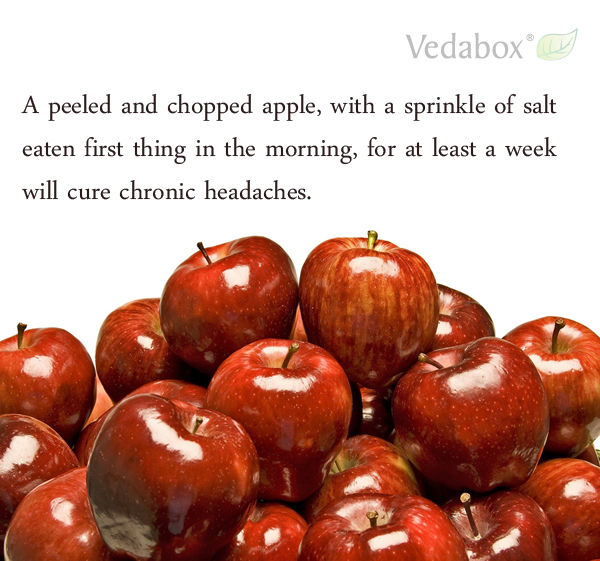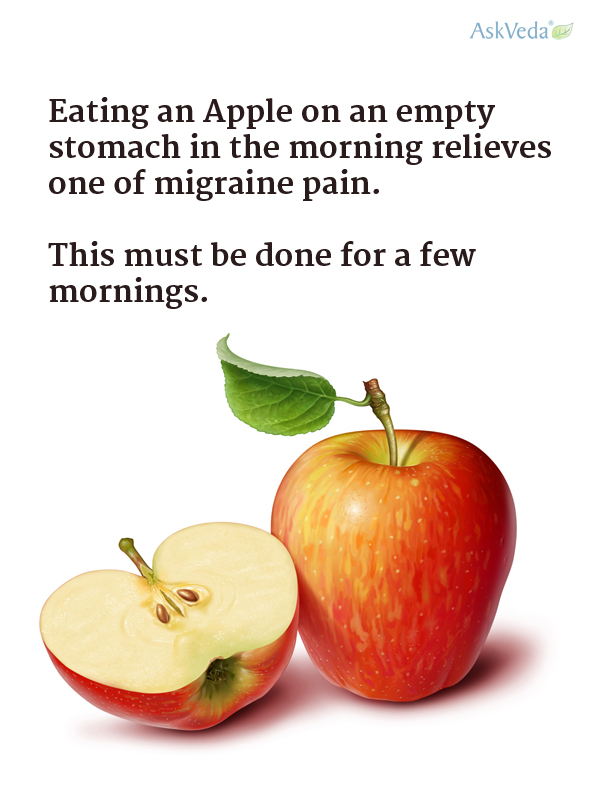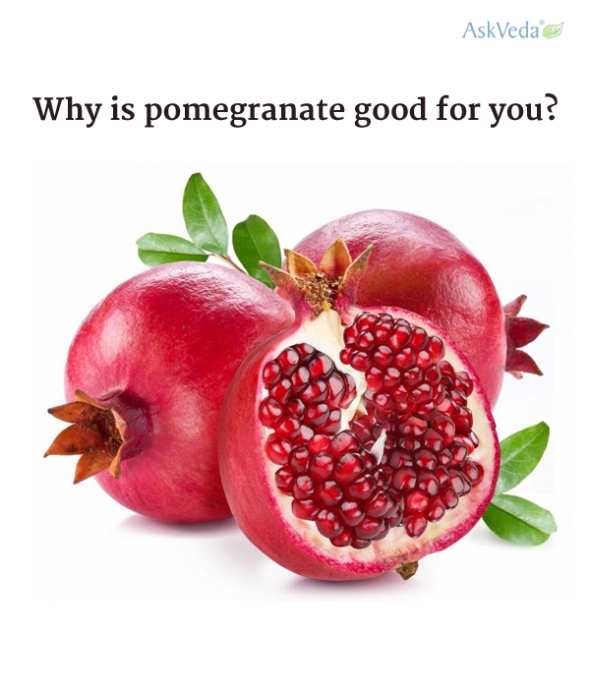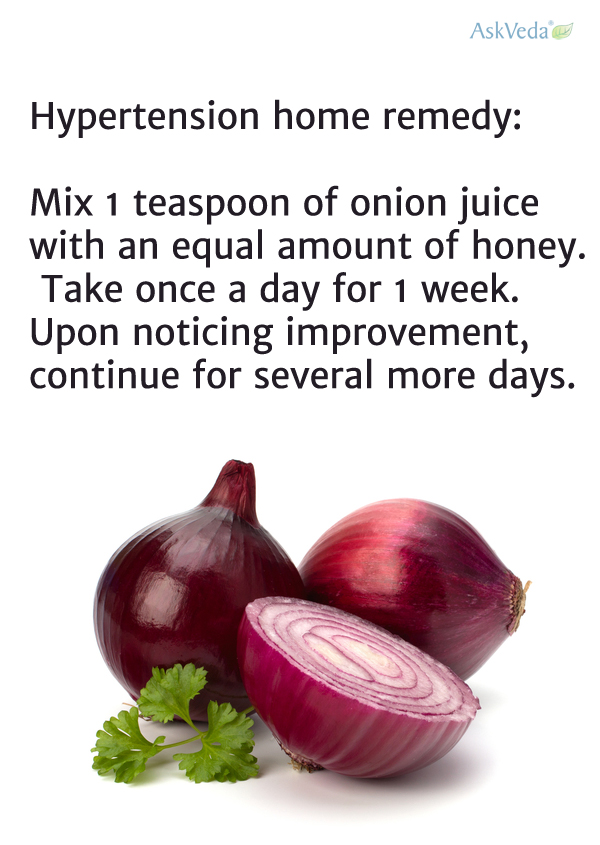
Chronic headache, or chronic daily headache (CDH), is classified as experiencing fifteen or more days with a headache per month. It is estimated that chronic headaches affect “4% to 5% of the general population”. Chronic headaches consist of different sub-groups, primarily categorized as chronic tension-type headaches and chronic migraine headaches.The treatments for chronic headache are vast and varied. Medicinal and non-medicinal methods exist to help patients cope with chronic headache, because chronic headaches cannot be cured. Whether pharmacological or not, treatment plans are often created on an individual basis. Multiple sources recommend multimodal treatment, which is a combination of medicinal and non-medicinal remedies. Some treatments are controversial and are still being tested for effectiveness. Suggested treatments for chronic headaches include medication, physical therapy, acupuncture, relaxation training, and biofeedback. In addition, dietary alteration and behavioral therapy or psychological therapy are other possible treatments for chronic headaches.
The Top Ten Reasons for Headaches
DEHYDRATION: This may be the most common cause of a headache. Your body is made up of roughly 60% water and requires a generous amount of water intake. Adults should be drinking about 8 to 10 glasses of water a day for proper hydration. Be aware that coffee and sodas are often dehydrating.
PAIN MEDICATIONS: Ironic but true. Half of chronic migraines, and as many as 25 percent of all headaches, are actually “rebound” episodes triggered by the overuse of common pain medications.
CAFFEINE: Even though caffeine usually helps relieve headaches, too much of a good thing can actually have the opposite effect. Plus, there’s the withdrawal factor. If you suddenly stop drinking coffee, you’ll get a headache until your body adjusts to the loss of its daily fix.
STRESS: Tension headaches, the most common kind, are brought on by either physical or emotional stress. One of the most frequent causes of physical stress is spending too much uninterrupted time staring at the computer. Take breaks every half hour to stretch and look in the distance. Emotional stress may not be so easy to eliminate.
SINUSES: Dry sinuses or congested sinuses can cause headaches. These headaches come with deep and constant pain in the cheekbones, forehead or bridge of the nose. The pain usually intensifies with sudden head movement. Using a neti pot daily can help.
BLOOD SUGAR IMBALANCE: An imbalance in blood sugar (usually low) can be corrected by eating adequate protein. Protein helps to stabilize blood sugar levels.
CERTAIN FOODS: Peanuts, chocolate and red wine all contain a lot of the amino acid tyramine that can cause headaches. Other foods that contain nitrates can also trigger headaches including salami, hot dogs, and sausages. Although not as common, diary and wheat can trigger headaches, too.
WEATHER OR CHANGE IN ALTITUDE: Changes in weather, especially sharp dips in barometric pressure, can cause headaches. Even a visit to a town or city that is at a higher elevation than where you currently live can bring on an episode.
HORMONES: The hormones estrogen and progesterone affect headache-related chemicals in the brain. Higher estrogen levels may improve headaches, while lower estrogen levels can make headaches worse.
EXPOSURE TO SECOND-HAND SMOKE:Cigarette smoke is a common trigger of migraine headaches. Try to stay in a non-smoking environment. If you can’t avoid the smoke, try putting some peppermint oil on your pulse points to detract from the smell.
Ayurvedic Home Remedy for Chronic headaches-
A peeled and chopped apple, with a sprinkle of salt eaten first thing in the morning, for at least a week will cure chronic headaches.
==> http://www.Vedabox.com





